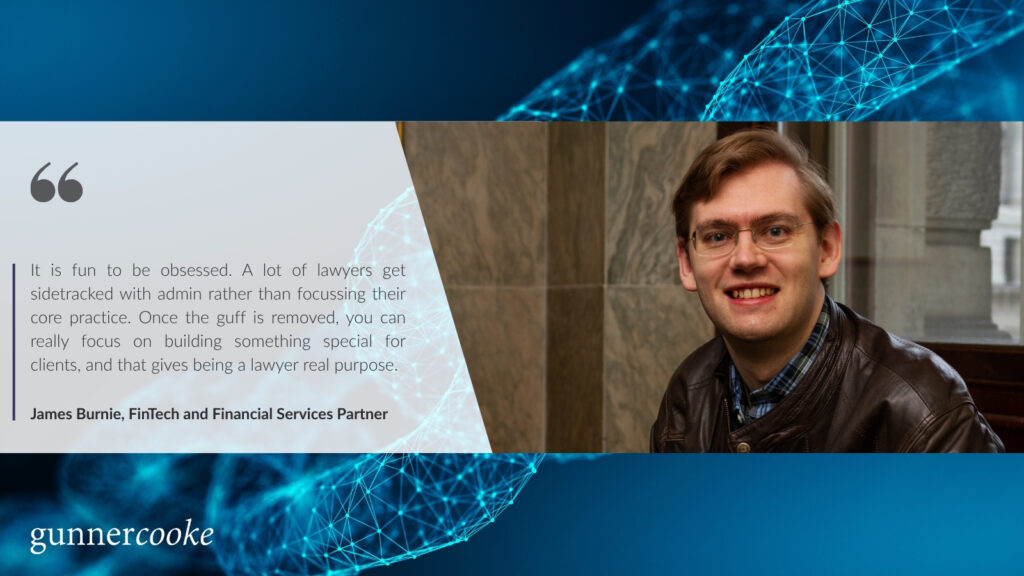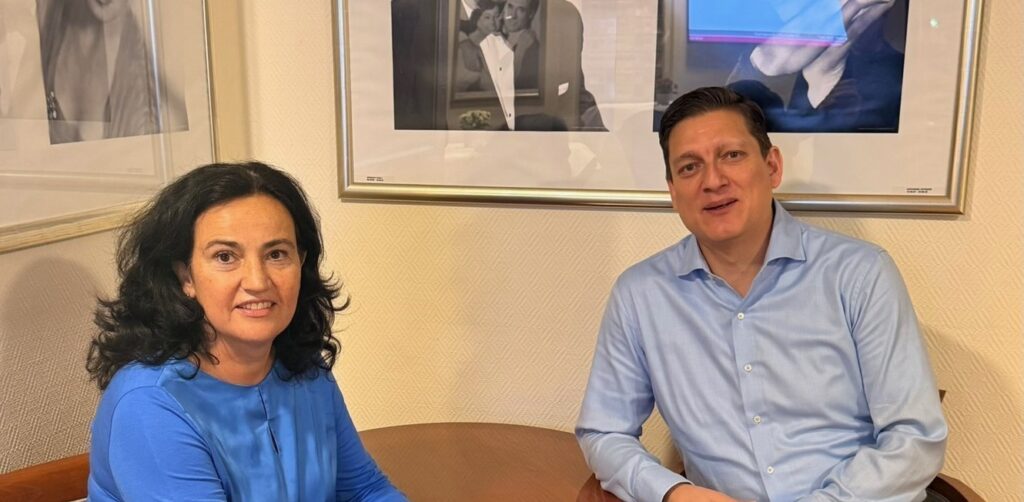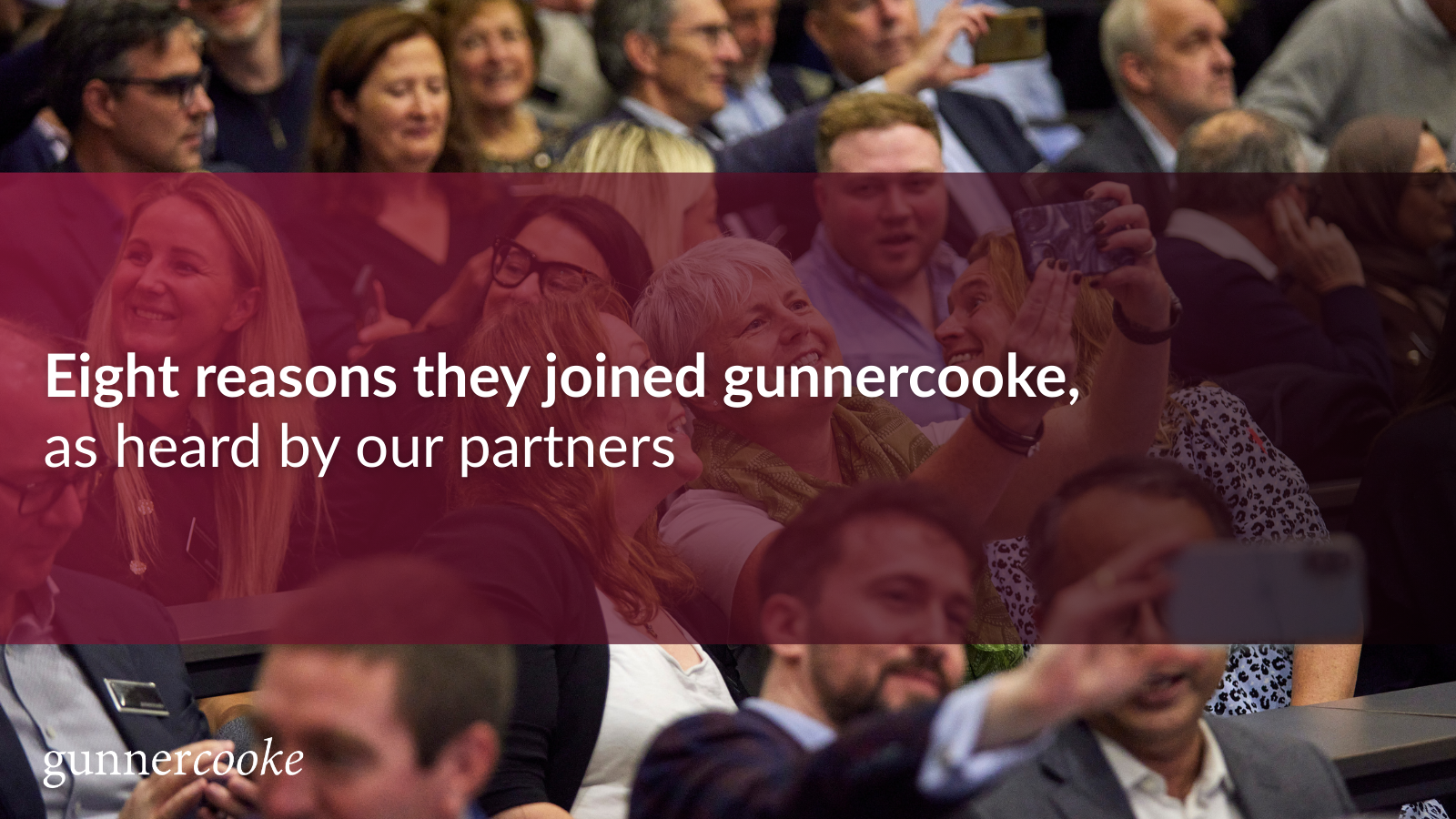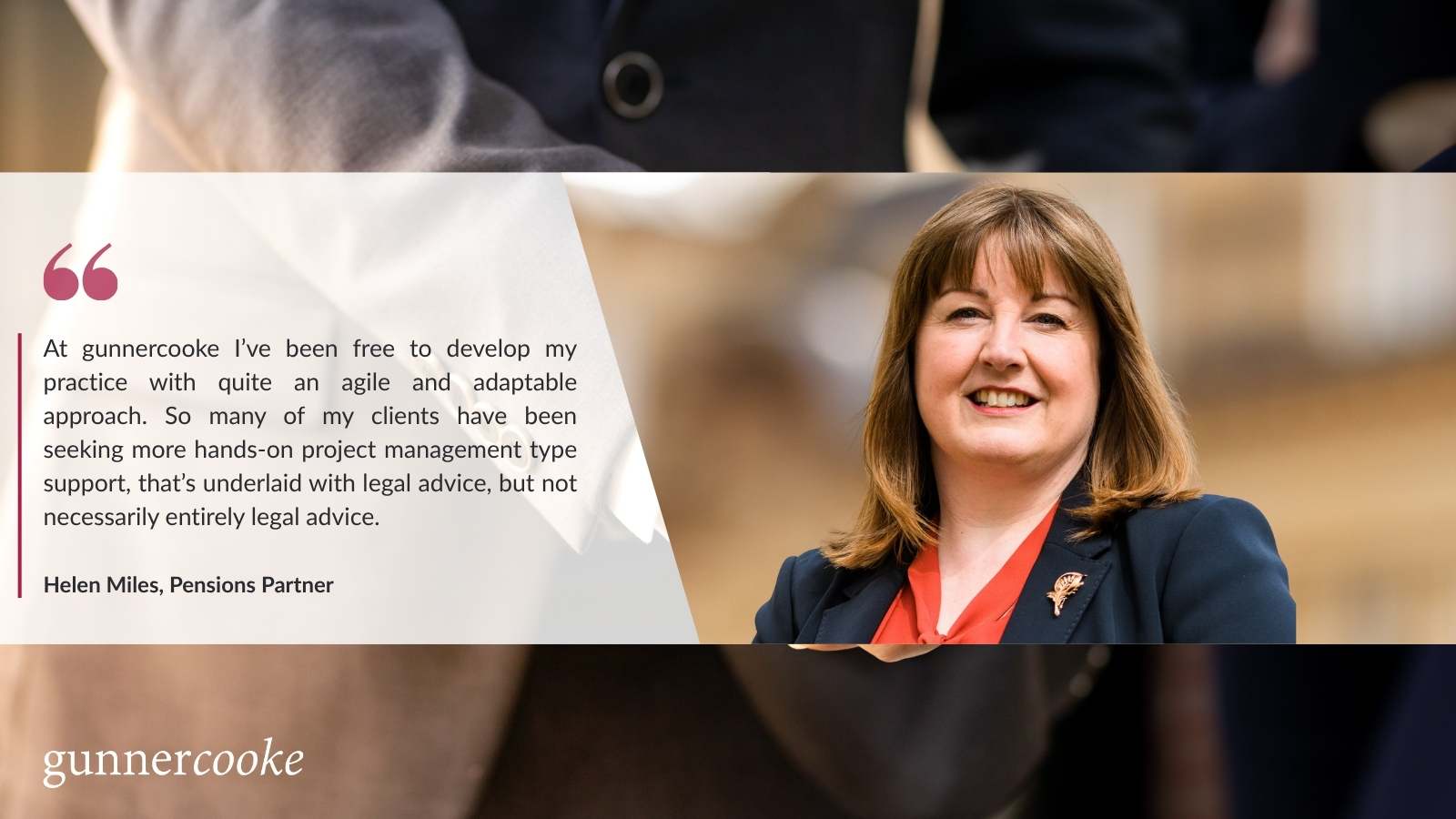- People
- Expertise
Our expertise
We are a team of more than 600 professionals, with the depth of experience which makes us genuine experts in our fields. Together, gunnercooke’s people have strength across just about every corporate discipline and sector. We provide legal, commercial and strategic advice that delivers real value to the clients we work with, which span from multinational enterprises through to not-for-profit organisations. Our breadth of expertise covers some of the most interesting emerging disciplines such as charity, crypto, sports and competition law.
Search by practice areaDispute ResolutionDispute Resolution OverviewMeet the Dispute Resolution TeamIntellectual Property DisputesFinancial Services & FinTech OverviewProceeds of CrimeEmployment TribunalTax InvestigationProperty Dispute ResolutionInsolvency DisputesMediationCivil Fraud & Asset TracingHealth & SafetyBusiness Crime & InvestigationsLitigation & ArbitrationInternational Arbitration - International
International Offices
The gunnercooke group has 16 main global offices across England, Scotland, the US, Germany and Austria, with further plans for growth in the coming years. These offices enhance the existing in-house capability of our dedicated international teams and dual-qualified experts that cover Spain, France, Italy, Portugal, Brazil, China, India, Poland and Hungary. Our team have clients across 123 jurisdictions, speak 46 languages and are dual-qualified in 21 jurisdictions. Our expertise means we can offer large teams to carry out complex cross-border matters for major international clients.
- Our story
Our story
gunnercooke is a Top 70 law firm. We comprise a rapidly growing number of experts spanning legal and other disciplines. Clients benefit from flexible options on fees to suit their needs, access to a wider network of senior experts throughout the relationship, and legal advice which is complemented by an understanding of the commercial aspects of running a business.
- Reading Room
- News & Insights

Bridging innovation and regulation: five years at the forefront of Web3 law
Five years ago, James Burnie joined gunnercooke as the firm’s first FinTech and Financial Services Partner specialising in Web3 and crypto. Since then, both the industry and his practice have rapidly grown, with James now backed by a wider gunnercooke team of crypto legal and non-legal specialists.
James reflects on the change within the Web3 space, the increasing regulatory focus, and how building a flexible, independent practice has enabled him to stay ahead of the curve.
How has the Web3 industry changed within these five years? Has the demand for crypto lawyers increased?
The Web3 and crypto industry has been steadily maturing over the last five years. In some ways it can be seen as a victim of its own success, as the greater retail engagement has prompted regulators and governments to take increasing interest in the space.
Currently, we are seeing a fascinating split between “offshore” businesses (usually based in jurisdictions such as BVI, Cayman and Panama), which tend to focus on tech and innovation, and “onshore” businesses (based in jurisdictions such as the EU, UK and USA), which focus on ensuring that products meet local legal and compliance requirements so they can sell products to the mass market. This is creating a symbiotic relationship in which offshore entities need to team up with onshore entities to access clients. Off the back of this, we have seen a paradigm shift in which firms focus on the most cost-effective way to bridge innovation offshore to onshore markets, and we have been at the heart of making this commercially viable for our clients.
You joined gunnercooke as a solo partner. How has your team developed, and do you collaborate with other lawyers or operating partners at gunnercooke?
I specialise in providing regulatory advice, and as such tend to get brought in early on in projects to answer the “how can this be done legally?” question, from a regulatory perspective. However, the reality is that once this question is resolved, the key question is getting the right team in place to execute, as bad execution destroys projects.
In this respect, it is important to realise that the nature of gunnercooke is that it is a platform for lawyers and operating partners to operate, rather than a traditional law firm. This means that instead of there being a requirement to work with an inherited team, there is full flexibility to create your own team within the platform, and on the back of this I have been able to create a legal team that blends existing gunnercooke lawyers with exciting new talent. The benefits of bringing in high quality talent is shown by the results, for example Partner Kathryn Dodds having worked on one of the most significant corporate transactions last year (the sale of Attestant to Bitwise) and Trainee Lawyer Holly Joseph being shortlisted for the Tomorrow Club Award at the Citywealth Magic Circle Awards 2025.
I have also been luckily enough to have brought into the business operating partners who are market leaders in their fields and have built out their own teams as sizeable practices. This has included a financial crime and compliance team of 11 operating partners, brought together by Mark Winters, as well as a go-to-market and CMO team, led by Pavan Kaur. The overall effect of this has been to create powerful synergies, and has led to further fantastic hires, such as Binu Paul who previously led the crypto team at the FCA. More recently, we have been joined by Bartłomiej Kącicki, who previously worked with Cardano and gives support on tech and smart contract builds.
Moving forwards, we are also focussing on building up an alternative funds support practice, including legal, compliance and operational (COO) support, and in this respect the work being done by Dan Petrovic, Raja Nbigui and Hari Bhambra is pioneering. With this new practice we want to ensure that the alternative funds can focus on their core business.
You regularly speak at events, are featured in the press and are a host of gunnercooke’s CryptoCast. Do you think it’s important for lawyers to be thought leaders and engage in topical debate?
It is important that lawyers are in the centre of topical debate in order to best be able to advise their clients, however, is it important to realise that the lawyer is merely the supporting act: the clients are the rockstars. In that respect, it is important to be mindful that whilst the driving force is the client base, the job of the lawyer is to get the client driving down the right road to success.
What are the main benefits of working in a fee share firm like gunnercooke? Does it allow you to offer a better service to your clients? Is it particularly beneficial for those working in your area?
The biggest advantages are time, focus and independence. There is a huge difference between working hard and working effectively. By working at gunnercooke, I have been able to remove the distractions of traditional law firms and focus on the only thing that matters: the client. This enables a genuine client-centric model, even to the extent of being able to invoice in crypto which is vital for clients that are DAOs.
It also means that traditional time wasters can be removed, and the numbers here are stark. Working at a traditional law firm could mean a one-hour commute each way as well as about four hours of pointless meetings per week, effectively amounting to 14 wasted hours a week. Effectively you get an additional 2 working days in a fee share firm, giving the result of working a 7-day week whilst not actually sacrificing any time.
What is something you’ve learnt by running your own practice? Have you gained skills that benefit your clients?
The most important thing is having the right people and being totally acidic in terms of section of who you work with. The people you chose to work with directly impact the credibility of the practice, and in this respect, I have been lucky to be able to build out a team comprising the best in the industry.
The other thing is it is fun to be obsessed. A lot of lawyers get sidetracked with admin rather than focussing their core practice. Once the guff is removed, you can really focus on building something special for clients, and that gives being a lawyer real purpose.
You and your team have already won many awards and are ranked in Chambers and Legal 500. What are your personal highlights from the past five years?
Being able to properly answer the “why you” question for clients, and the fact that we regularly get feedback that we are more engaged than other firms in dealing with their core concerns in a commercially pragmatic way.
I started working in crypto around 10 years ago, acting on the first successful initial coin offering from the UK. This gave an initial first mover advantage in terms of building a practice, however being subject to the constraints of a traditional firm it was difficult to keep innovating at the pace required to stay ahead of the curve in helping clients. In particular, as firms upskill over the area, there is danger of being lost in the amorphous noise of different legal service providers.
Over the last five years, I am delighted to have been able to help build a proposition around three unique selling propositions (USPs):
- Flexibility to meet client needs: demonstrated by being the first major UK law firm to officially accept payment in crypto.
- Depth of expertise: demonstrated by having assisted regulators globally with drafting a range of cryptoasset frameworks, including personally having assisted with the frameworks in Kazakhstan and 2 of the 4 frameworks in effect in Africa, and the team more generally being involved in helping develop frameworks globally, meaning that we have drafted approximately 4% of global cryptoasset regulation.
- A results mindset: demonstrated by the team having been involved around 15% of all successful cryptoasset business registrations in the UK.
It is this ability to refer to a clear set of USPs for clients that I am most proud of, and we are currently working on a range of initiatives to increase these so as to better service the needs of our clients.






